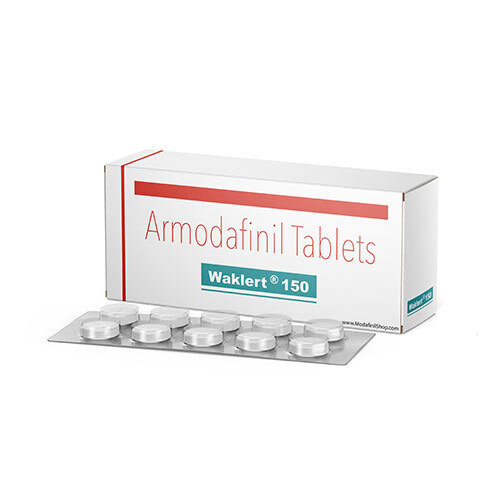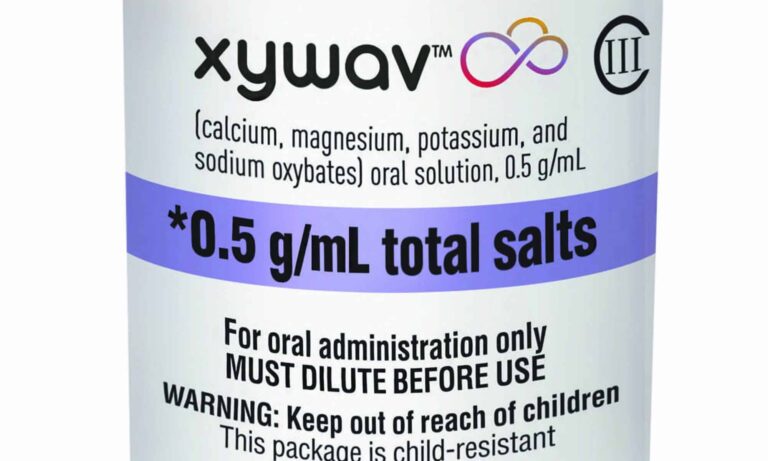Modafinil, Gambling Addiction, and Compulsive Behavior: What the Evidence Shows
Modafinil is a wakefulness-promoting medication commonly prescribed for narcolepsy, obstructive sleep apnea, and shift work sleep disorder. While generally considered safe and effective, emerging case reports and experimental studies suggest that modafinil may, in rare cases, be associated with compulsive behaviors, including gambling. Understanding the evidence is critical for both patients and healthcare providers.
Understanding Modafinil’s Mechanism of Action
Dopaminergic Effects
Modafinil acts as an atypical stimulant, primarily by inhibiting the dopamine transporter (DAT). This increases extracellular dopamine levels in the striatum and nucleus accumbens, brain regions involved in reward and impulse control (Greenblatt & Adams, 2023). Although its DAT occupancy is lower than that of traditional stimulants, this dopaminergic activity may still influence risk-taking behavior.
Impulsivity and Reward Processing
Laboratory studies indicate modafinil’s effects on impulsivity are bidirectional. In pathological gamblers, modafinil reduced gambling urges and risky decision-making in individuals with high baseline impulsivity but increased them in those with low impulsivity (Zack & Poulos, 2009). A later study confirmed that modafinil altered slot machine gambling behavior by increasing the salience of rewards (Smart et al., 2013).
Case Reports Linking Modafinil to Compulsive Gambling
Case 1: A 39-Year-Old Man with Narcolepsy
A patient with narcolepsy reported a tenfold increase in slot machine gambling after starting modafinil. Gambling decreased when the drug was withdrawn and worsened when restarted. Symptoms resolved after switching to clomipramine (Tarrant et al., 2010).
Case 2: A 46-Year-Old Woman with Idiopathic Hypersomnia
This patient developed compulsive gambling while on modafinil. The behavior resolved when her medication was switched to methylphenidate, suggesting a direct link (George et al., 2015).
Psychiatric and Behavioral Side Effects
The FDA prescribing information for modafinil highlights psychiatric risks such as mania, hallucinations, aggression, and suicidal ideation but does not specifically mention gambling (FDA, 2015). Still, the documented case reports suggest that impulse-control problems may be an underrecognized side effect.
Mechanisms Linking Modafinil to Compulsive Behavior
- Dopamine Hypothesis: By increasing dopamine, modafinil may overstimulate reward pathways, heightening risk-taking in susceptible individuals.
- Individual Susceptibility: Patients with a personal or family history of gambling, psychiatric illness, or impulsivity may be at greater risk (Zack & Poulos, 2009; Smart et al., 2013).
Alternative Treatments
- Pitolisant: A histamine H3 inverse agonist that promotes wakefulness without significant dopaminergic activity. In one case, switching from modafinil to pitolisant resolved compulsive gambling (George et al., 2015).
- Methylphenidate: In another case, gambling behavior improved after transition from modafinil to methylphenidate (George et al., 2015). However, methylphenidate also carries its own risk of impulsivity and requires careful monitoring.
- Other Options: Sodium oxybate is used in narcolepsy treatment but has not been linked to compulsive gambling.
Clinical Implications
- Healthcare providers should monitor patients on modafinil for behavioral changes, especially in those with prior gambling or psychiatric vulnerabilities.
- Patients should be informed about the rare risk of compulsive behaviors, so early warning signs can be identified.
- Alternatives such as pitolisant or sodium oxybate may be considered if problematic gambling develops.
Conclusion
While modafinil is safe and effective for most patients, evidence from case reports and experimental studies highlights a rare but important link to compulsive gambling and related behaviors. This appears to be driven by modafinil’s dopaminergic effects, with outcomes influenced by individual differences in impulsivity. Clinicians should balance the drug’s benefits with careful monitoring for psychiatric side effects and consider alternatives in at-risk individuals.
References
- George, W. T., Varghese, R., & Khawaja, I. S. (2015). New onset of compulsive gambling associated with modafinil: A case report. Primary Care Companion for CNS Disorders, 17(1), 10.4088/PCC.14l01707. https://doi.org/10.4088/PCC.14l01707
- Greenblatt, K., & Adams, N. (2023, February 6). Modafinil. In StatPearls [Internet]. StatPearls Publishing. https://www.ncbi.nlm.nih.gov/books/NBK531476/
- Smart, K., Desmond, R. C., Poulos, C. X., & Zack, M. (2013). Modafinil increases reward salience in a slot machine game in low and high impulsivity pathological gamblers. Neuropharmacology, 73, 66–74. https://doi.org/10.1016/j.neuropharm.2013.05.015
- Tarrant, N., Cavanna, A. E., & Rickards, H. (2010). Pathological gambling associated with modafinil. Journal of Neuropsychiatry and Clinical Neurosciences, 22(1), 123.e27–123.e28. https://doi.org/10.1176/jnp.2010.22.1.123.e27
- U.S. Food and Drug Administration. (2015). PROVIGIL® (modafinil) tablets, for oral use, C-IV [Prescribing information]. U.S. Department of Health and Human Services. https://www.accessdata.fda.gov/drugsatfda_docs/label/2015/020717s037s038lbl.pdf
- Zack, M., & Poulos, C. X. (2009). Effects of the atypical stimulant modafinil on a brief gambling episode in pathological gamblers with high vs. low impulsivity. Journal of Psychopharmacology, 23(6), 660–671. https://doi.org/10.1177/0269881108091072








